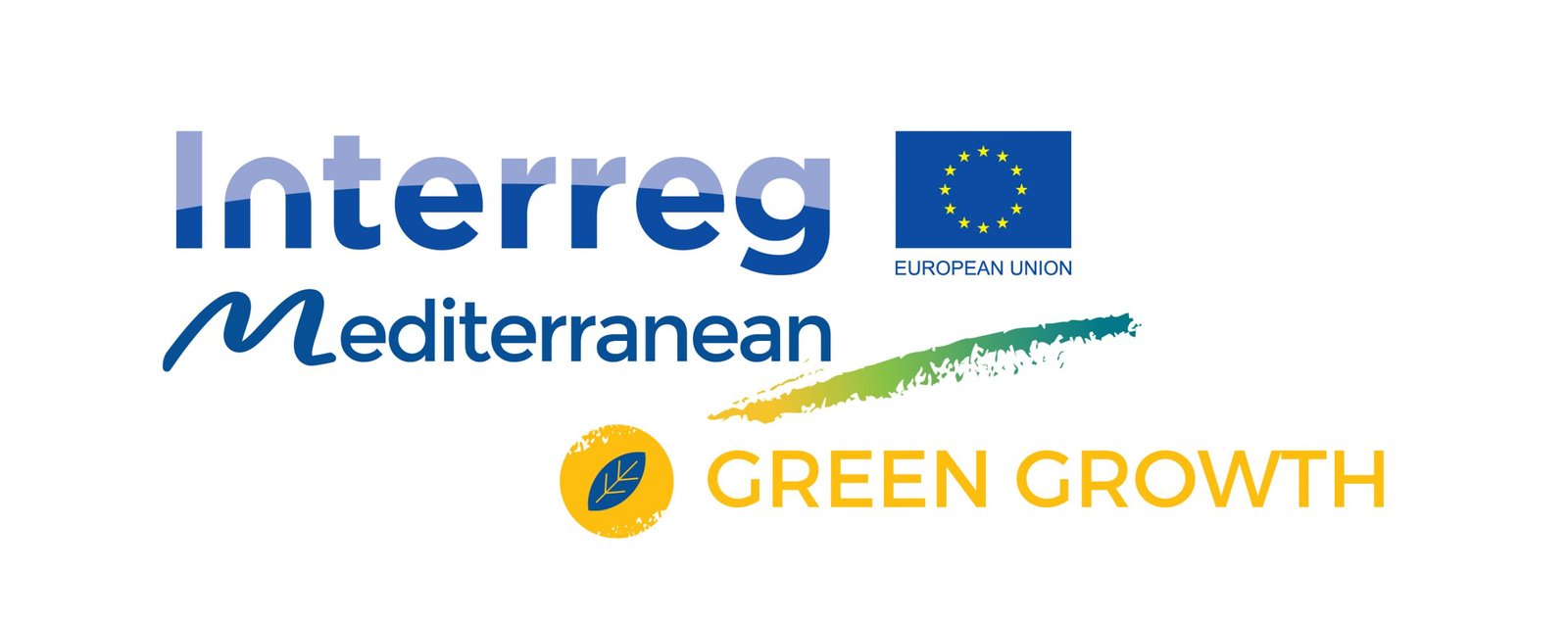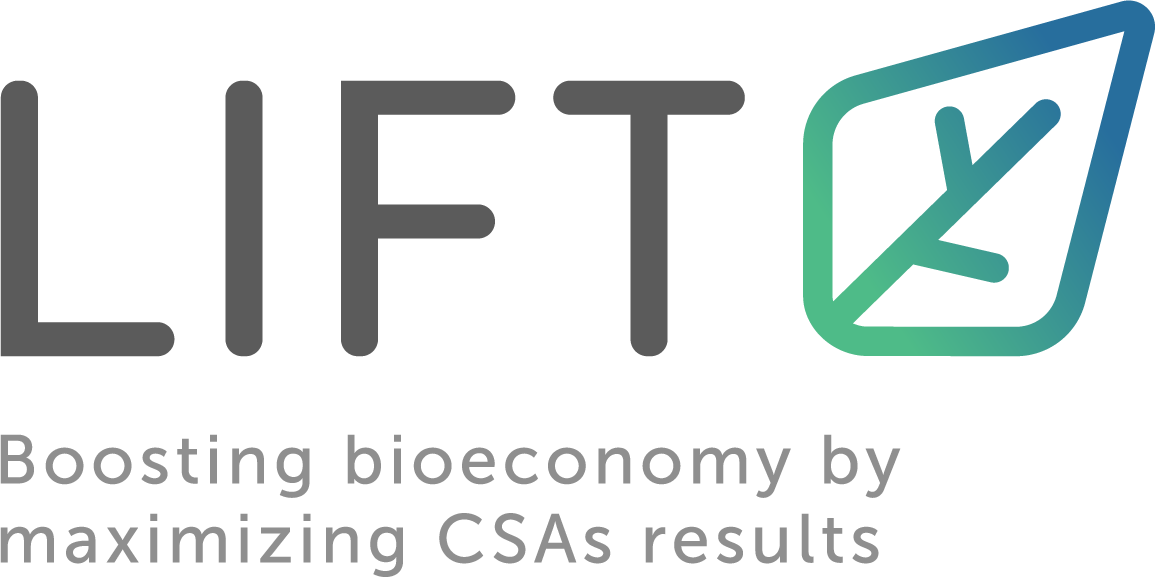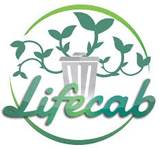KETBIO project
Project concluded

This KETBIO project aims at establishing a novel cluster model of biotechnology research projects under HORIZON 2020 to enhance and demonstrate the impact and the outreach of EU funded key enabling biotechnology research. All impact of research is reflected in an appropriate up-take of research outputs through business and society at large as well as through integration into technological and societal systems, the here proposed novel clustering model will thus act as a pivot trajectory to achieve a maximum of these goals for the biotechnology: The proposed cluster will strive to further RTD and innovation through networking and alliance forming and through capacity gains of cluster members. The envisaged clustering of projects and linkage to knowledge transfer activities will allow accelerated industrial exploitation of results through partnering and will maximise impact through exploiting synergies in knowledge transfer and communication. Supporting and coordination activities of KETBIO will lead to the set-up of an actively managed cluster-network of projects facilitating sharing of insights, mutual learning, working group exchange, partnering with industry, dissemination of results and exploring of exploitation pathways.
To reach these goals, KETBIO will
- Actively promote networking and knowledge exchange between research-industry-policy stakeholders
- Establish platforms and online working groups for elaboration on RTD and innovation
- Facilitate capacity building through training, webinars, including a lecture library
- Provide insights, information and interaction through technology review and science intelligence
- Enable partnering between research and industry/ policy partners
- Explore a multitude of exploitation pathways, including dissemination of results to the specialist public and to larger audiences
Contacts: Sylvia Schreiber: sylvia.schreiber@pracsis.be











